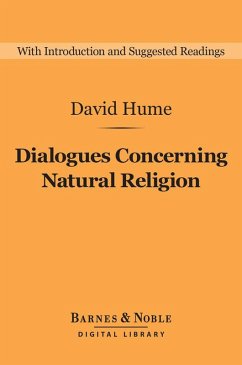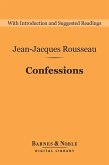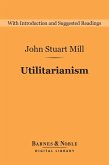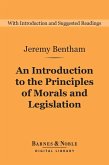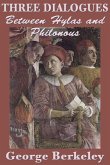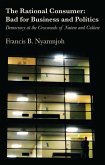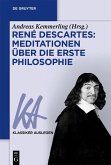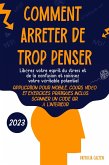This edition includes a modern introduction and a list of suggested further reading.
More than two hundred years after they were written, David Hume's Dialogues concerning Natural Religion are as fresh and relevant as ever. Hume's characters present ingenious arguments and objections about the scientific evidence for the existence and nature of God, all the while remaining very respectful of religious belief. In the twenty-first century, versions of this same argument are hotly debated between proponents of "intelligent design" and supporters of the writings of Darwin and Huxley.
Dieser Download kann aus rechtlichen Gründen nur mit Rechnungsadresse in A, D ausgeliefert werden.

